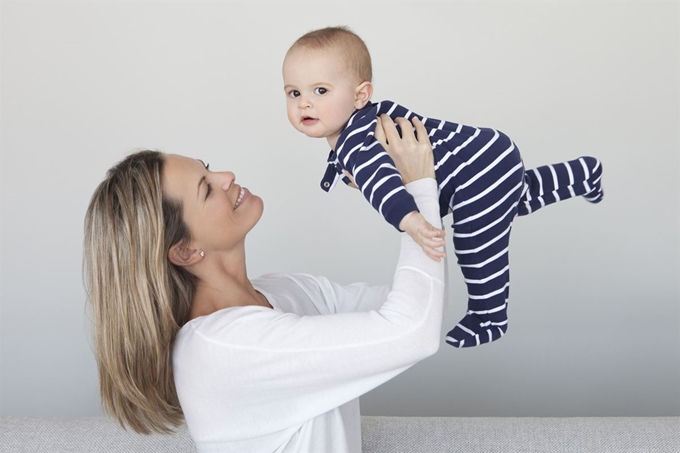
DEAR ABBY: A couple of years ago my son went away to school and met a girl from another state who had no family or friends here. "Celia" was adopted as a baby and didn't get along well with her adoptive family. When my son returned home, Celia came with him engaged. Our family accepted her into our home and our hearts.
애비 선생님께: 몇 년 전에 제 아들이 집을 떠나 학교를 다닐 때, 다른 주 출신으로 이곳엔 가족도 친구도 없는 아가씨를 만났답니다. 셀리아는 아기였을 때 입양되었는데 입양 가족과 잘 어울리지 못했어요. 제 아들이 집에 돌아왔을 때, 셀리아도 함께 왔답니다. 둘이 약혼을 한 채로요. 저희 가족은 그 애를 저희 집과 마음에 받아들였답니다.
When their engagement was called off, because Celia had nowhere to go, she moved in with me and my husband. She continued to live with us until she met someone and they were married. She is close to my other kids, especially my two daughters.
그 아이들의 약혼이 취소되었을 때 셀리아는 갈 곳이 없었기 때문에 저와 제 남편과 함께 살게 되었어요. 그 애는 어떤 남자를 만나 결혼하기 전까지 계속 저희와 함께 살았답니다. 셀리아는 제 다른 자녀들, 특히 두 딸들과 친해요.
Celia recently gave birth to a baby boy. She refers to me as his grandma, which pleases me greatly. I have two other grandchildren whom I adore. My question is, how do I explain to people who ask, when I have the baby, who he is? When I say "my grandson," they ask me from which of my kids. That leads to a long, drawn-out explanation I don't always feel like making.
FULL OF LOVE IN MISSOURI
최근에 셀리아는 남자 아이를 낳았답니다. 저를 그 아이의 할머니라고 부르는데, 저는 그게 매우 기뻐요. 제겐 사랑하는 손주들이 두 명 더 있어요. 제가 여쭤보고 싶은 것은 제가 아이를 데리고 있을 때 사람들이 아이를 보고 누구냐고 물어보면 뭐라고 설명해야 하죠? 제가 ‘손자에요’라고 하면 그들은 제 자녀들 중 누구의 아이냐고 묻곤 해요. 그러면 매번 하고 싶지는 않은 장황한 설명이 뒤따르게 되지요.
미주리 주의 사랑으로 가득한 독자
DEAR FULL OF LOVE: Why not say, "My honorary grandson"? And if you are questioned further, add, "His mother is like a daughter to me."
사랑으로 가득한 독자 분께: 제 “명예 손자에요”라고 말씀하시면 어때요? 그리고 나서도 더 질문을 받으시게 되면, “이 아이의 엄마는 저에게 딸과 같거든요”라고 덧붙이세요.
안성진 코리아타임스 어학연구소 책임연구원
기사 URL이 복사되었습니다.

댓글0